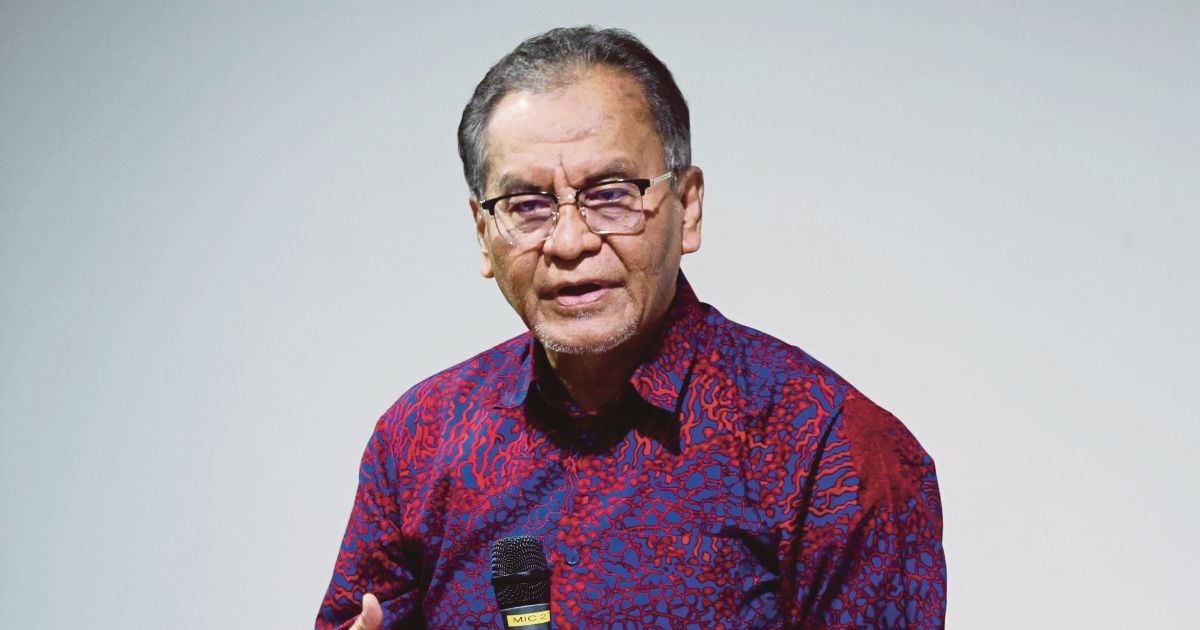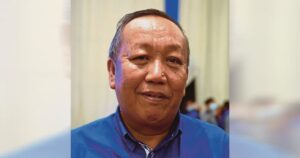KUALA LUMPUR: Malaysia must urgently reform its healthcare financing and embrace digital transformation to safeguard the public health system against rising demand, escalating costs, and fiscal constraints, said Health Minister Datuk Seri Dr Dzulkefly Ahmad.
Dr Dzulkefly emphasised that while Malaysia’s tax-funded healthcare system had long served the nation well, the country now stood at a critical juncture, grappling with the dual burden of non-communicable and infectious diseases, overcrowded facilities, and a shortage of healthcare personnel.
“Given the situation where we are faced with limited fiscal space, we are essentially in distress because we have been underspending in health for a decade, if not more. That’s been said by the Treasury.
“The question before us is not merely how to preserve this system, but how to transform and future-proof it. That is the challenge,” he said while speaking as a panellist at the ‘Ilmuwan Malaysia Madani’ Forum Series 7, held at M Resort & Hotel here tonight. Also present was Higher Education Minister Datuk Seri Dr Zambry Abdul Kadir.
Themed “Towards a Sustainable Healthcare System for All”, the forum was chaired by Deputy Prime Minister Datuk Seri Fadillah Yusof.
Dr Dzulkefly said under the Malaysia Madani vision, the Health Ministry was prioritising two core reform pillars—healthcare financing and digitalisation—alongside initiatives to address human resource shortages.
“And under the Malaysia Madani vision, we are called not merely to manage and administer, but to humanise governance to place compassion, inclusivity, and dignity at the centre of every policy and programme. That is an even greater challenge.
“Nowhere is this more critical than in healthcare. Health must not only be seen as a privilege, but recognised as a human right, the foundation of a just, productive, and prosperous Madani society,” he said.
Dr Dzulkefly added that while it was easy to propose an additional one per cent of the gross domestic product (GDP), such an increase would significantly affect the allocations of other ministries, and was therefore not feasible under current conditions.
“Given that situation, I have to be resourceful. How do I retain specialists? How do I invest more in public healthcare facilities and services and, most importantly, in our human resources?
“So, that’s where I have come around. We, through the Health Transformation Office (HTO), have come about to expound and to talk about the diversifying process of income,” he said. – BERNAMA
© New Straits Times Press (M) Bhd






